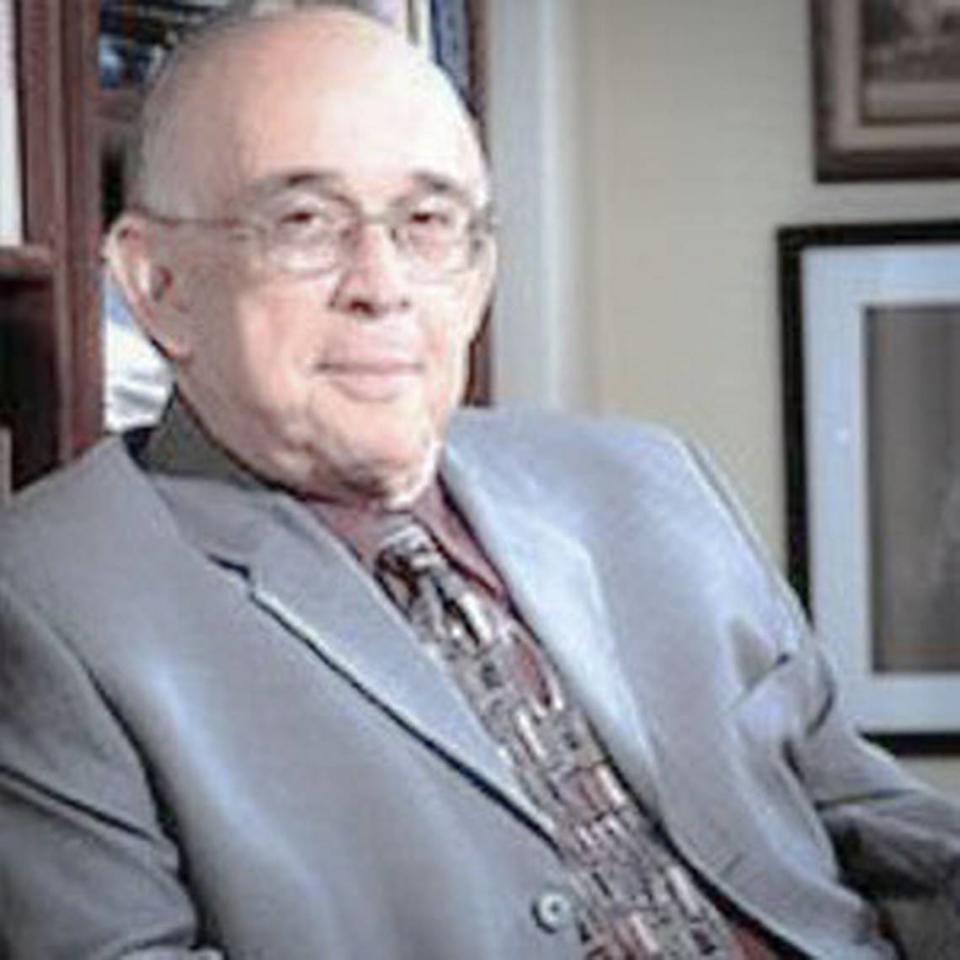U.S. policy needs a reboot. Give Cuban opposition weapons and military training | Opinion
For the first time in 60 years, there is evidence of growing opposition in Cuba against the legacy of Castro era.
Cubans have abandoned the policy of waiting for the regime to provide change “from above.” They now are seeking change “from below.”
The nationwide popular uprising on July 11 and this month’s aborted demonstrations are clear indications of a mobilized population losing its fear and of a regime unable or unwilling to offer a response other than violent repression.
The United States and other Western nations should take note of these events. The Cuban situation will not improve in 2022 or beyond. Violence, migration and the involvement of Russia and China on the island will increase. The policy paralysis of the U.S. administration needs to change into an active policy to accelerate the end of the Cuban dictatorship.
But here’s what won’t work:
▪ Increasing economic pressures will not bring the collapse of the regime. The economic administration of General Luis Alberto Rodríguez López-Callejas is enough to sustain the military and the repressive apparatus. Medical exports, aid from Venezuela and other allies, remittances and tourism and exports of Cuban products, primarily nickel, are sufficient to keep the military complex afloat — but not enough to satisfy the needs and expectations of the Cuban population.
Economic aid and trade are not likely to work in the future. After all, they have not brought any concessions from the Cuban government in the past.
Therefore, the U.S. government is left with either ignoring Cuba as a difficult nut to crack or beginning a series of policy options to undermine the regime and accelerate its demise.
Here’s what could work:
▪ Increase Cubans’ access to the internet and information from abroad. We have the technology to achieve this. But we need the will and long-term commitment to implement this policy.
▪ Keep mobilizing friends and allies to support the growing opposition on the island. Recognize and nurture this opposition, providing them information and literature, encouraging them to work together and denouncing the continuous violations of human rights.
▪ Provide the opposition military training and weapons. The end of the Cuban regime will most likely come as a result of a violent opposition emboldened by military aid from the United States and other allies. Peaceful protests only will work temporarily. Cuba is not India and the Cuban regime is not Britain. Cubans are not a Hindu population willing to sacrifice for long years to achieve an uncertain result.
The genie of opposition and rebellion is out of the bottle. Cubans are pushing for change, and they are unwilling to wait indefinitely.
Jaime Suchlicki is Distinguished Professor Emeritus, University of Miami and director of the Cuban Studies Institute, a non-profit think tank and consulting group in Coral Gables.


 Yahoo Finance
Yahoo Finance 